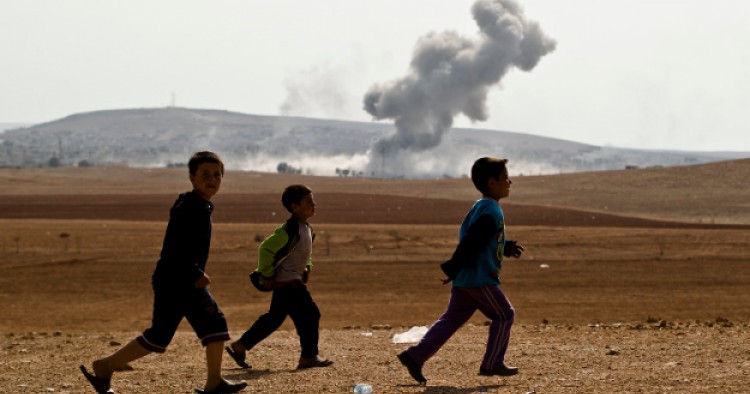Read the full article on CNN.
In the space of just 48 hours last week, Turkey went from calling the PYD -- the Kurds defending the Syrian border town of Kobani -- a terrorist group to opening up an arms corridor from Iraq to aid its fight against ISIS.
That dramatic change in policy, along with growing collaboration between the United States and the PYD (the armed wing of the Democratic Union Party), could tip a month-long battle against ISIS militants in favor of the Kurds.
It could also, finally, pave the way for a resolution between Turkey and the Kurdish Worker's Party (PKK), which has waged a three-decade insurgency against the Turkish state. This would remove a major irritant in the coalition's strategy in Syria.
Turkish leaders in Ankara resisted domestic and international pressure to aid the PYD for a month while Kobani became the focal point of the operation against ISIS. Turkey's Kurds took to the streets to demonstrate against what they saw as the government's refusal to protect their kin next door.
In reaction to President Erdogan's indifference to the prospect of the massacre of Kurds at the hands of the Islamic State, the PKK's imprisoned leader, Abdullah Ocalan, said that if the town fell he would end the peace negotiations with Ankara that have been in progress since 2012.
The Middle East Institute (MEI) is an independent, non-partisan, non-for-profit, educational organization. It does not engage in advocacy and its scholars’ opinions are their own. MEI welcomes financial donations, but retains sole editorial control over its work and its publications reflect only the authors’ views. For a listing of MEI donors, please click here.













